Table of contents:
How to choose the needle for your sewing machine?
Dive into the fascinating world of sewing machine needles with this comprehensive guide designed to help you choose the right needle according to the fabric, the project, and the desired result. Whether you are a beginner, an experienced tailor, or simply curious, understanding the function of needles for sewing machines is essential to achieve precise finishes and avoid any problems during sewing. Each type of fabric requires a suitable needle: it is often a neglected detail but nonetheless crucial.
Contrary to what one might think, it is not enough to take a “universal” needle for all your projects. The choice of sewing machine needles depends on two key criteria: thickness and type of fabric. This saves you many problems such as broken needles, skipped stitches, or damaged fabrics.
That’s why we have provided you with a clear summary table to know which needle to use depending on the fabric: silk, denim, jersey, fine cotton, organza, stretch fabric, thick fabric, etc. This table allows you to quickly identify the type of needle, its number, and the corresponding color code, especially for brands like Schmetz, Bohin, or Singer. This visual aid is ideal to support you in your choices, and you can even download it as a PDF to always have it on hand.
How to choose the needle for which fabric?
The needle size corresponds to the diameter of its shaft, expressed in hundredths of a millimeter (usually from 60 to 110). The thicker the fabric, the larger the needle size you should choose to avoid it breaking. Conversely, for fine fabrics like silk or viscose, prefer a fine point to avoid damaging the fabric. For example, a microtex needle is ideal for very fine or delicate fabrics. For stretch fabrics, the stretch needle is recommended because it has a slightly rounded point that slides between the stitches.
Do you want to make a hem on a t-shirt? Choose double stretch sewing machine needles for a professional finish. Do you have a circular knitting project or hand sewing? Specific needles like knitting needles or double-pointed needles will be more suitable.
Which needle for a sewing machine?
The needles for sewing machines generally have a flat shank that easily fits under the presser foot. They are compatible with most domestic sewing machines, but be sure to check the system (for example 130/705 H for home machines). If you work with an industrial machine, there are also needles specific to this type of equipment.
Some universal needles are suitable for standard fabrics, but for optimal results, it is better to choose a special needle according to your sewing project. For example, a jeans needle for denim fabrics, an embroidery needle for delicate threads, or a ballpoint needle for sewing knit fabrics.
How to assess the thickness of the fabric?
The thickness of the fabric is a key factor in choosing the needle. You should never use a needle that is too fine on a thick fabric for fear of breaking or uneven stitches. Conversely, a needle that is too large on a light fabric risks leaving visible holes. Our chart will help you quickly assess the fabric thickness and choose from sewing machine needles the one that will best suit your project.
What advice is there for choosing your sewing needle?
Before starting a project, ask yourself the right questions: What fabric will I use? What finish do I want to achieve? Is it a stretchy, thin, or heavy fabric? These elements guide the choice towards a universal needle, stretch, microtex, jeans, etc. Also remember to change needles regularly: a dull needle can damage the fabric, cause thread tension problems, or simply stop stitching properly. Whether you work with Juki machines or other brands, a new needle for each project is highly recommended, A new needle for each project is highly recommended!
How to avoid sewing problems?
Many problems such as skipped stitches, tangled threads, broken needles, often come from an inappropriate needle. Using a dull needle, an incorrect point type, or an inappropriate size can ruin your sewing. Follow our tips, consult our reference chart, and don’t hesitate to check the manual of your sewing machine to know the manufacturer’s recommendations.
Which needle brands do you recommend?
Among the most reliable and recognized brands, you will find the Schmetz brand, one of the best designed brands, available in our store. Each brand offers a variety of ranges suited to each fabric and each type of sewing. You will easily find the equivalent of the size Singer or Schmetz if you have any doubt thanks to our guide.
How to change and correctly install the needle on the machine?
Changing a machine needle is a simple action, but it requires a bit of precision. Don’t forget to turn off the machine, then loosen the screw holding the needle. Install the new needle with its flat side facing backward, until it is fully inserted. Whether you use a Juki flatbed machine or another type of machine, check that it is straight and firmly secured before resuming your sewing. This action is part of the best practices to ensure quality work and avoid incidents.
As you can see, the choice of this item is not trivial. It affects the quality of your work, the longevity of your machine, and your pleasure in sewing. With our advice, our summary table, and our product guides, you are ready to work with all types of fabrics with complete peace of mind.

Summary table of needles to use for each fabric
Type of fabrics |
Needle to use |
Point |
Size |
|---|---|---|---|
| Antibacterial |
Standard needle (universal) |
Normal | 60 to 85 |
| Calico |
Standard needle (universal) |
Normal | 60 to 100 |
| Canvas |
Standard needle (universal) |
Normal | 70 to 100 |
| Cotton |
Standard needle (universal) |
Normal | 60 to 85 |
| Swiss cotton liberty style |
Standard needle (universal) |
Normal | 60 to 85 |
| Lace | Individually adapted needle | 70 to 90 | |
| Double gauze | Jersey needle | Rounded | 65 to 90 |
| terry cloth |
Standard needle (universal) |
Normal | 80 to 90 |
| French Terry | Jersey needle | Rounded | 80 to 90 |
| Faux Fur |
Standard needle (universal) |
Rounded | 80 to 100 |
| Denim |
Jeans needle (universal) |
very fine | 85 to 100 |
| Jersey | Jersey needle | Rounded | 70 to 90 |
| Cotton jersey | Jersey needle | Rounded | 70 to 90 |
| Cotton jersey lined with minky | Jersey needle | Rounded | 70 to 90 |
| Jogging | Stretch needle | Medium bead | 65 to 90 |
| Wool |
Standard needle (universal) |
Rounded | 70 to 100 |
| Line |
Standard needle (universal) |
Rounded | 65 to 85 |
| Viscose linen |
Standard needle (universal) |
Rounded | 65 to 85 |
| Lycra | Jersey needle | Rounded | 70 to 90 |
| Microfiber |
Standard needle (universal) |
Normal | 80 to 100 |
| Minky |
Standard needle (universal) |
Normal | 80 to 100 |
| Honeycomb | Stretch needle | Medium bead | 65 to 85 |
| Dotted Swiss |
Standard needle (universal) |
Normal | 60 to 80 |
| Polar |
Standard needle (universal) |
Rounded | 80 to 100 |
| Polyester |
Standard needle (universal) |
Rounded | 60 to 85 |
| Poplin |
Standard needle (universal) |
Normal | 60 to 85 |
| Satin |
Standard needle (universal) |
Normal | 60 to 100 |
| Faux leather |
Leather needle |
Triangular | 60 to 75 |
| Tartan |
Standard needle (universal) |
Rounded | 70 to 85 |
| Burlap |
Standard needle (universal) |
Normal | 60 to 80 |
| Tulle | Jersey needle | Rounded | 60 to 80 |
| Gingham |
Standard needle (universal) |
Normal | 60 to 85 |
| Viscose |
Standard needle (universal) |
Rounded | 70 to 80 |
| Voile | Standard needle (universal) | Rounded | 60 to 75 |
Sewing machine needles are suitable for all brands of machines, including Juki sewing machine models. You will find all our haberdashery available on our website. Happy sewing!

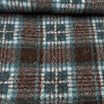
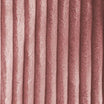
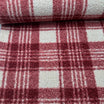
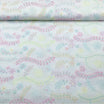
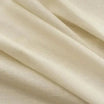
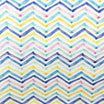
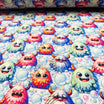
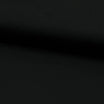
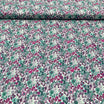
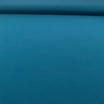
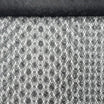
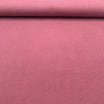
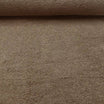

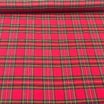
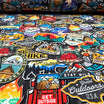
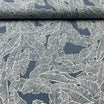
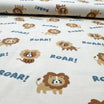
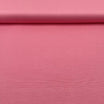
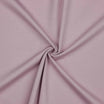
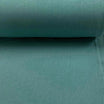
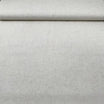
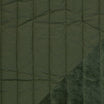
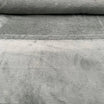
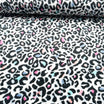
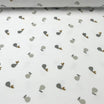
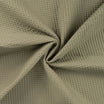
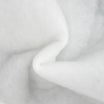
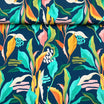
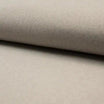
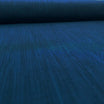
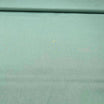
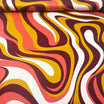
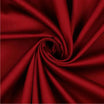
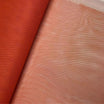
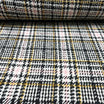
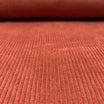
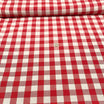
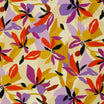
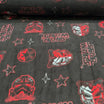
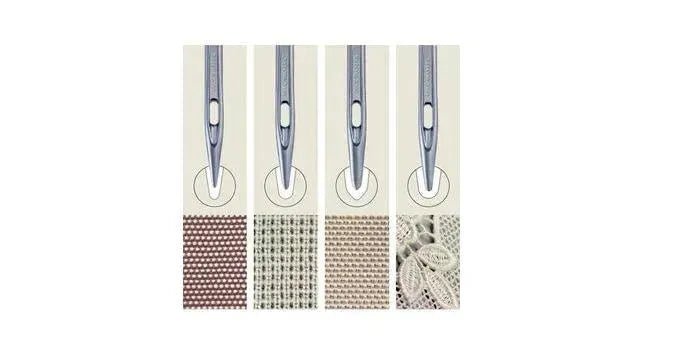
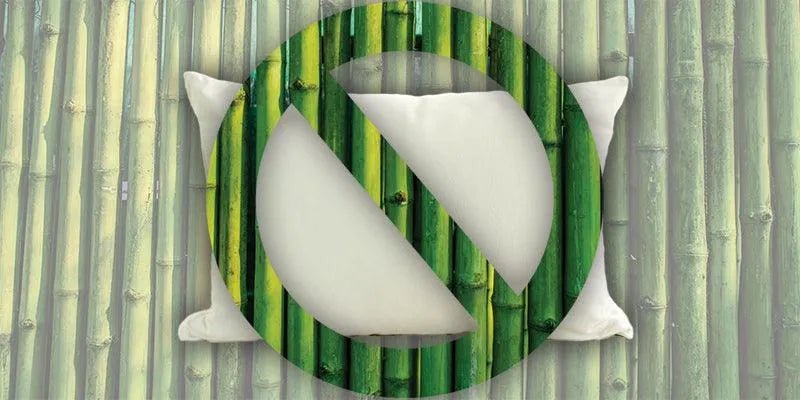
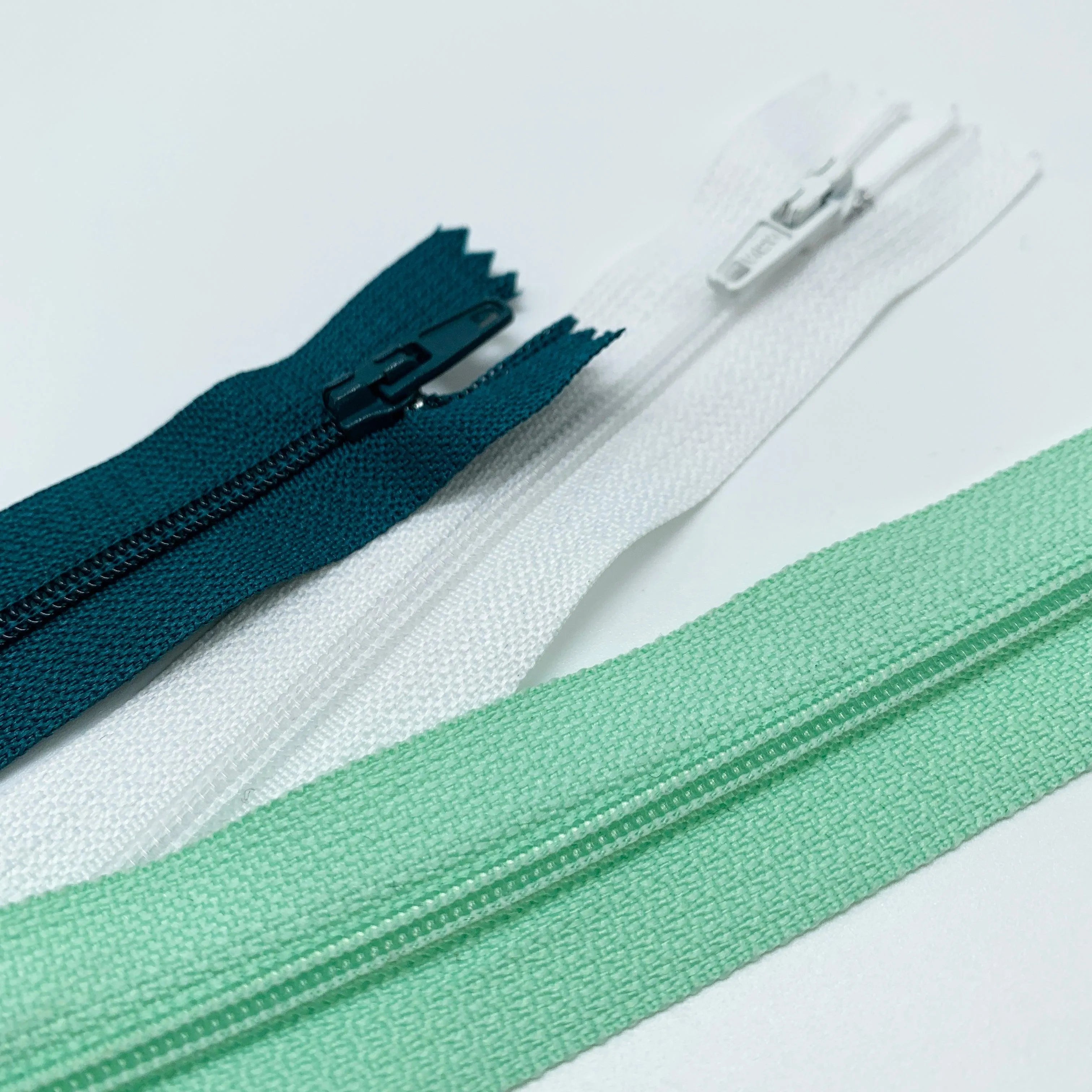
Leave a comment
All comments are moderated before being published.
This site is protected by hCaptcha and the hCaptcha Privacy Policy and Terms of Service apply.